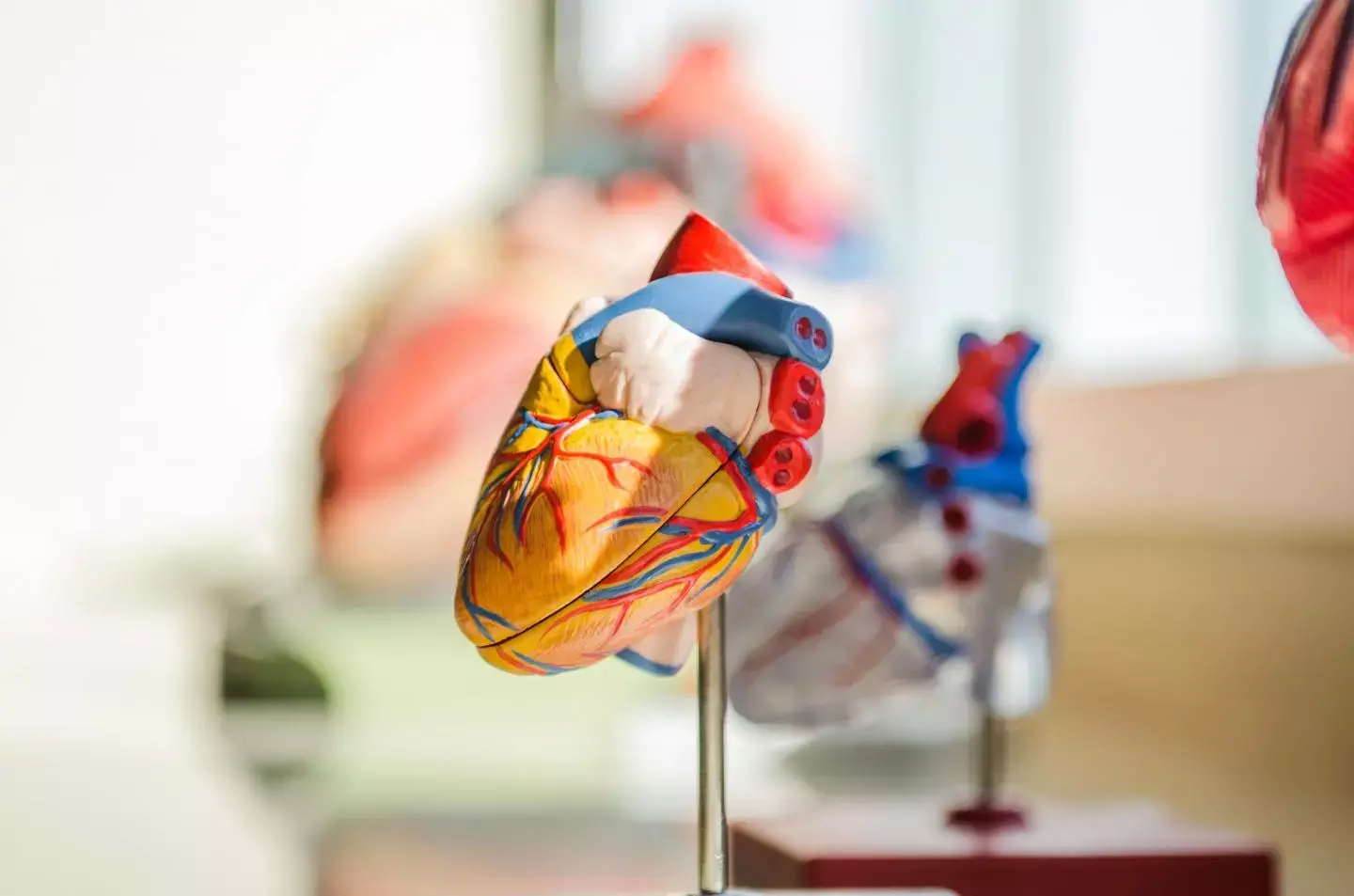- Home
- Medical news & Guidelines
- Anesthesiology
- Cardiology and CTVS
- Critical Care
- Dentistry
- Dermatology
- Diabetes and Endocrinology
- ENT
- Gastroenterology
- Medicine
- Nephrology
- Neurology
- Obstretics-Gynaecology
- Oncology
- Ophthalmology
- Orthopaedics
- Pediatrics-Neonatology
- Psychiatry
- Pulmonology
- Radiology
- Surgery
- Urology
- Laboratory Medicine
- Diet
- Nursing
- Paramedical
- Physiotherapy
- Health news
- Fact Check
- Bone Health Fact Check
- Brain Health Fact Check
- Cancer Related Fact Check
- Child Care Fact Check
- Dental and oral health fact check
- Diabetes and metabolic health fact check
- Diet and Nutrition Fact Check
- Eye and ENT Care Fact Check
- Fitness fact check
- Gut health fact check
- Heart health fact check
- Kidney health fact check
- Medical education fact check
- Men's health fact check
- Respiratory fact check
- Skin and hair care fact check
- Vaccine and Immunization fact check
- Women's health fact check
- AYUSH
- State News
- Andaman and Nicobar Islands
- Andhra Pradesh
- Arunachal Pradesh
- Assam
- Bihar
- Chandigarh
- Chattisgarh
- Dadra and Nagar Haveli
- Daman and Diu
- Delhi
- Goa
- Gujarat
- Haryana
- Himachal Pradesh
- Jammu & Kashmir
- Jharkhand
- Karnataka
- Kerala
- Ladakh
- Lakshadweep
- Madhya Pradesh
- Maharashtra
- Manipur
- Meghalaya
- Mizoram
- Nagaland
- Odisha
- Puducherry
- Punjab
- Rajasthan
- Sikkim
- Tamil Nadu
- Telangana
- Tripura
- Uttar Pradesh
- Uttrakhand
- West Bengal
- Medical Education
- Industry
Aspirin bests warfarin to prevent blood clots in kids after heart surgery

CAPTION
Aspirin should be favoured over warfarin to prevent blood clotting in children who undergo a surgery that replumbs their hearts, according to a new study.
CREDIT
jesse orrico
USAGE RESTRICTIONS
None
Patients are at an increased risk of thromboembolic complications because of the nature of the Fontan physiology. As such, warfarin or aspirin is generally prescribed lifelong for thromboprophylaxis.
Researchers at Murdoch Children's Research Institute have found in a new study that Aspirin should be favoured over warfarin to prevent blood clotting in children who undergo Fontan surgery that replumbs their hearts. The study will have implications for clinicians when prescribing blood thinning medications after Fontan surgery, a complex congenital heart disease operation redirecting blood flow from the lower body to the lungs.
The research has been published in The Journal of Thoracic and Cardiovascular Surgery.
This study aimed to compare long-term rates of cerebrovascular injury, thrombosis, bleeding, bone mineral density, and quality of life in people living with Fontan circulation receiving warfarin compared with aspirin.
The Fontan procedure is offered to children born with severe heart defects, allowing the child to live with just one pumping heart chamber instead of two.
MCRI Dr Chantal Attard said although the operation couldn't completely 'fix' the heart, most were able to live well into adulthood and have relatively normal lives. But she said those who have the procedure were at an increased risk for blood clots.
"Blood clots are dangerous because they can cause the heart to fail or lead to a stroke. For this reason, all patients are given blood thinning medications, with warfarin and aspirin the most common," she said.
"Warfarin can be affected by food, other medications and illness, so patients must have regular blood tests to check their warfarin levels are safe."
The study involved 121 patients enrolled in the Australian and New-Zealand Fontan (ANZ) Registry. It found stroke was common regardless of which medication the patient took. But patients on warfarin had poorer bone mineral density and were at a higher risk of bleeding.
Dr Attard said the research showed for patients who undergo Fontan surgery, and do not have additional blood clotting risk factors, aspirin should be offered over warfarin.
She said given the need for regular INR monitoring of warfarin, a shift to aspirin would also have a cost benefit to the patient and the healthcare system.
About 70,000 post Fontan patients are alive today, with this number expected to double within two decades.
Carley Clendenning's son Lachie, 7, had the Fontan procedure two years ago after being born with one heart ventricle.
She said the aspirin findings were a relief as the medication was much easier to manage and would benefit other families whose children required the procedure in future.
"Lachie has been taking warfarin ever since his surgery and there are things you have to keep on top of with this medication," she said.
"We have to monitor his blood clotting levels with regular finger prick blood tests at home and watch out for injuries because there is a greater chance of bleeding and bruises.
"In what is already a difficult time for families, this new recommendation will make things a little easier."
For further reference log on to:
Dr Kamal Kant Kohli-MBBS, DTCD- a chest specialist with more than 30 years of practice and a flair for writing clinical articles, Dr Kamal Kant Kohli joined Medical Dialogues as a Chief Editor of Medical News. Besides writing articles, as an editor, he proofreads and verifies all the medical content published on Medical Dialogues including those coming from journals, studies,medical conferences,guidelines etc. Email: drkohli@medicaldialogues.in. Contact no. 011-43720751


